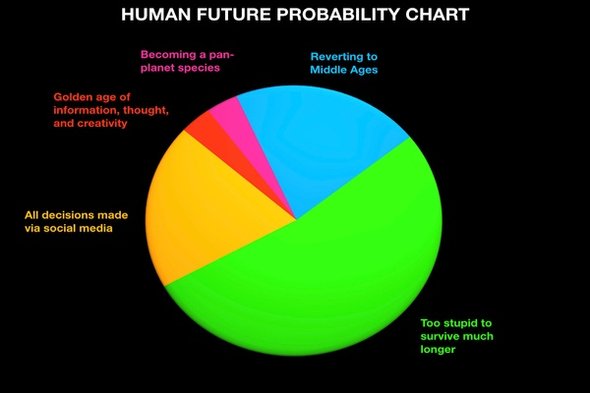'American Poverty: Why America’s Treatment of the Poor Undermines its Authority as a World Power' By Laurel A. Rockefeller is a historian's view of the current global play of power and why USA is not vocal as it should be.
Western imperialism in its many forms. From the atrocities committed by the United States against virtually every human being living inside or just beyond its borders, to the profit-motivated colonization and exploitation of the British Empire through its East India Company, and beyond, the West has a shameful human rights record that its former victims have hardly forgotten.It was peoples' voice, the author says, that ushered in changes. Whether it is women gaining the right to vote or, how slaves were freed in the United States, or how civil disobedience led to landmark civil rights legislation, the efforts taken by the masses had a lot to do. "We can do it again when it comes to poverty in America. We can and must do better', the book exhorts.
In Part one is presented some essays exploring the many facets of poverty in our society. How our emphasis on self reliance resulted in the erosion of social consciousness, making a society which is progressively losing empathy. "Most of those on welfare were on welfare because they made bad decisions." How humans lose humanity as a consequence, comes next. Our idea of unemployment is changing, author says, we are all making a conscious effort to make it look more demeaning than it is. More than that, next essay on 'blurred sexual lines' proclaim, our approach to poverty is changing our notion about human dignity, especially when it comes to poor women.
Part two is about addressing poverty, where the many facets of poverty in America is shown, in search of solutions. Learning civility, especially with those different from us, is perhaps the first step towards re-establishing empathy and, by extension, giving a good fight to poverty.
Part three, the final chapters explore how four of the United States’ most trusted allies look at and deal with poverty in their own countries, contrasting this with poverty in America. Finally, a discussion about how, these differences affect America’s sphere of influence, reputation, and effectiveness as a world power. While ending, the book says, "The only people in the dark about any of this are Americans themselves, many of them content to be, as if by closing our eyes and humming hymns we can erase everyone and everything we do not like about ourselves and each other. America has no problems with human rights. America has no problem with the poor. The poor are poor because they are lazy", which I think, is a global feeling.
